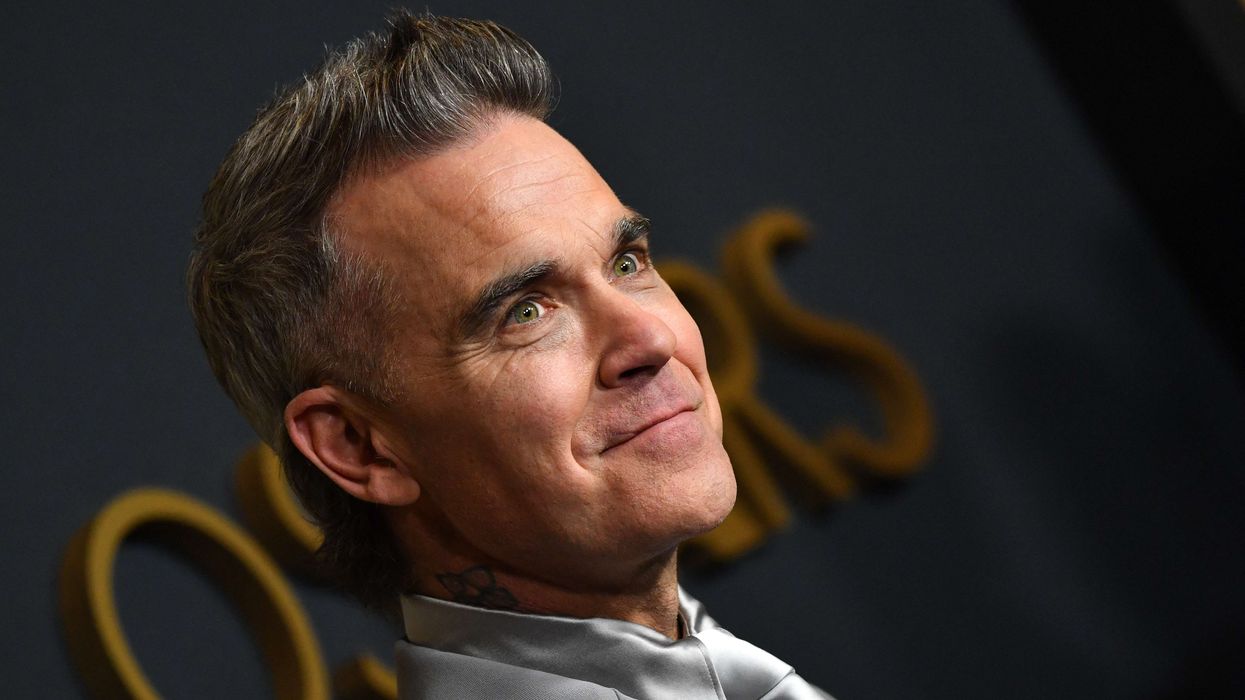The UK's death toll from Covid-19 in hospitals rose 861 to 13,729, as of 1600 GMT on Wednesday (15).
It was the biggest daily rise in five days.
"[At least] 327,608 people have been tested of which 103,093 tested positive," the health ministry said.
Deaths in English hospitals rose by 740 to 12,396, as per NHS data.
"Forty of the 740 patients (aged between 45 and 93 years old) had no known underlying health condition," the health service said. The previous toll was 11,656.
The UK has the fifth highest official death toll from Covid-19 in the world, after the United States, Italy, Spain and France, though the figure only covers hospital fatalities and the real number is probably much higher.
Social distancing is vital
Earlier, a spokesman for Prime Minister Boris Johnson said: "We'll be guided by scientific and expert advice ... We must not undo all of the progress which has been made so far by releasing the social distancing measures too soon."
He also reiterated the government's pledge to reach 100,000 tests by the end of the month. "Testing is going to be hugely important in finding ... the key to unlocking a way out of this pandemic and we need to keep working hard at it."
Health Secretary Matt Hancock said the UKs coronavirus outbreak was starting to peak but it’s too early to lift the lockdown because the virus would "run rampant" if the government eased social distancing measures.
"We think it is too early to make a change," Hancock said. "While we've seen a flattening of the number of cases, and thankfully a flattening of the number of deaths, that hasn't started to come down yet."
"If we just released all the measures now, then this virus would run rampant once again and we can't let that happen."
Foreign Secretary Dominic Raab, who is deputising for Johnson, too, had made clear there will be no immediate lifting of the social distancing measures announced on March 23.
As leaders around the world begin to contemplate ways to exit the shutdown, epidemiologists have cautioned that a second wave of the outbreak could endanger the weak and elderly.
Neil Ferguson, a professor of mathematical biology at Imperial College London who advises the government, said Britain would probably have to maintain some level of social distancing until a vaccine for the novel coronavirus is available.
"If we relax measures too much then we will see a resurgence in transmission," he told BBC radio. "If we want to reopen schools, let people get back to work, then we need to keep the transmission down in another manner."
On Wednesday, GlaxoSmithKline CEO Emma Walmsley had said a vaccine was unlikely to be ready before the second half of 2021.
NHS Nightingale hospital opened in Birmingham
Prince William, the grandson of Queen Elizabeth, has opened an emergency COVID-19 hospital built in just eight days in the exhibition centre of Britain's second city, Birmingham.
William, the Duke of Cambridge, opened the new NHS Nightingale hospital at the National Exhibition Centre (NEC) via video link.
The hospital is the second of seven being constructed around England in response to the novel coronavirus outbreak which has killed nearly 13,000 people in Britain so far.
It has a 500-bed capacity, which can be increased to 1,500.
Over 400 civilian contractors, along with military personnel and about 500 clinical staff, were involved in its building.












